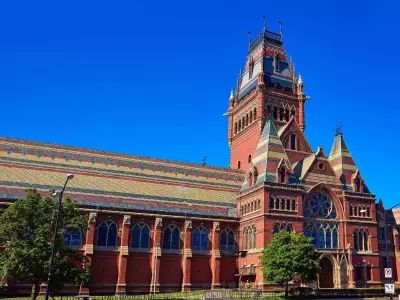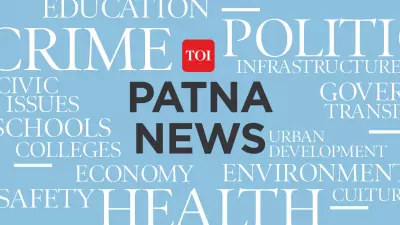
For ambitious Indian students dreaming of attending prestigious American universities, the journey to Ivy League admissions requires far more than outstanding academic scores. Gaining entry into elite institutions like Harvard, Yale, and Princeton demands a strategic combination of strong academics, meaningful extracurricular involvement, and a compelling personal narrative that sets applicants apart in a highly competitive global pool.
Why Starting Early in Grade 9 is Crucial
High school students and their parents across India are increasingly recognizing that Grade 9 marks the critical starting point for shaping a student's academic trajectory toward top global universities. Early preparation enables students to maintain consistent grades, explore advanced subjects, and align their educational path with long-term university aspirations.
Whether following IB, IGCSE, or CBSE curricula, choosing the right academic structure early can significantly influence future opportunities both within India and internationally. The foundation built during these formative years becomes the bedrock upon which successful Ivy League applications are constructed.
Building a Comprehensive Profile for Success
Academic excellence forms the cornerstone of any competitive application. Starting early allows students to excel in challenging courses and maintain high academic standards throughout high school. Since Ivy League universities meticulously examine transcripts, consistent performance demonstrates intellectual curiosity and commitment to chosen fields of study.
Beyond academics, meaningful extracurricular activities carry significant weight in admissions decisions. While leadership roles like club president or sports captain are valuable, students should pursue unique activities that reflect genuine personal passion. Early engagement provides time to discover interests, develop skills, and create authentic impact that resonates with admissions officers.
Developing Competitive Edge Through Strategic Planning
Indian students can distinguish themselves by exploring emerging fields such as artificial intelligence, sustainability, policy, and design thinking. Aligning academic choices with these forward-thinking interests strengthens applications and demonstrates innovative potential to admissions committees.
Standardized test preparation for exams like SAT and ACT benefits immensely from early engagement. Familiarity with these tests reduces stress and allows students to refine problem-solving skills while managing other application components simultaneously.
Participation in prestigious programs such as Stanford's SUMaC provides exceptional 10th and 11th graders with advanced coursework, research opportunities, and internships that develop specialized skills and demonstrate dedication to particular fields.
Crafting a Cohesive Application Narrative
Ivy League universities employ holistic admissions practices that evaluate applicants as complete individuals. Students who begin early can connect their diverse experiences—including academic projects, competitions, and internships—into a compelling personal story that highlights both capability and purpose.
Developing strong relationships with teachers, school counselors, and external mentors provides crucial support and enables impactful recommendation letters. Early interaction allows these relationships to evolve naturally, giving educators time to understand and accurately reflect student abilities.
Strategic planning from Grade 9 onward helps students avoid last-minute stress and burnout by balancing academics, essays, and extracurricular commitments effectively. This methodical approach prevents rushed applications and enables students to present their achievements with confidence and clarity.





